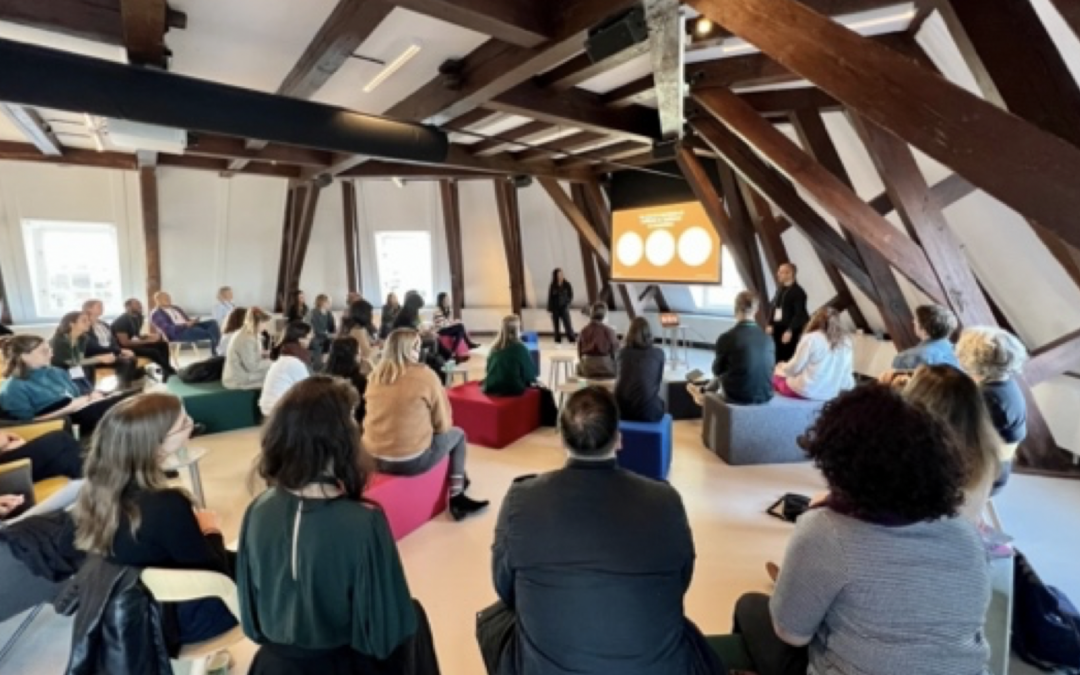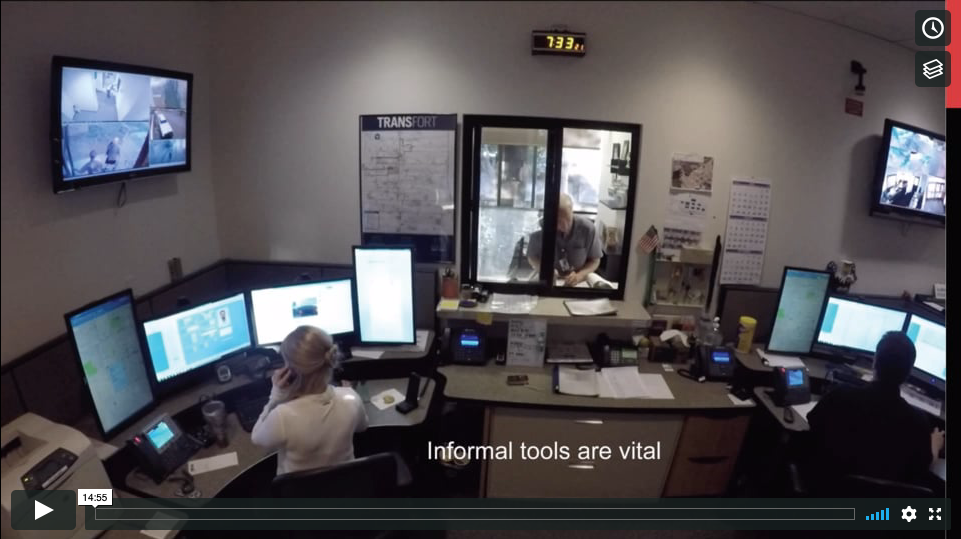What forms of our pandemic adaptation have also become barriers to connection? In this wildcard session, around 40 EPIC attendees collectively examined the aspects of resilience that support—and sometimes hold us back from—the intimacy and safety we seek to create as ethnographers. Researchers...


